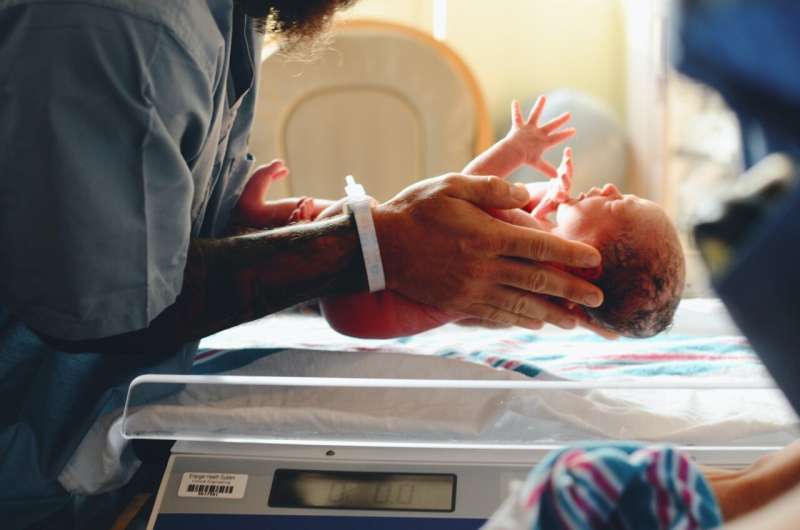New Immunologic Research Sheds Light on Post-Pandemic Respiratory Virus Resurgence

A recent study reveals how pandemic measures impacted children's immunity, leading to a resurgence of respiratory viruses post-COVID-19 and improving future outbreak predictions.
A groundbreaking immunologic surveillance study has provided valuable insights into how respiratory viruses are re-emerging in children after the COVID-19 pandemic. Published in The Lancet Infectious Diseases, this multi-year research highlights the significant impact of pandemic measures on immune development and virus circulation among young populations. The study, led by Dr. Daniel Douek and conducted through the PREMISE program at the NIH, involved real-time monitoring of children under 10 years old across multiple centers, including Children's Hospital Colorado.
During the pandemic, non-pharmaceutical interventions like masking and social distancing substantially reduced the spread of SARS-CoV-2, but inadvertently decreased children's exposure to other common respiratory pathogens such as respiratory syncytial virus (RSV), influenza, and enterovirus D68. As restrictions eased, researchers observed a rapid increase in immunity levels among children, coinciding with the resurgence of these viruses. The data collected enabled scientists to reconstruct past infection patterns and improve predictive models for future outbreaks.
The study's findings reveal that most younger children had limited immunity to several respiratory viruses during the pandemic, making them vulnerable to infections upon the lifting of public health measures. This widespread immunity gap contributed to the notable spike in cases post-pandemic. The research also tested samples for multiple viruses, providing a comprehensive picture of circulating pathogens and helping to forecast subsequent waves, such as the 2024 EV-D68 outbreak.
By analyzing immune responses and infection histories, the team is working towards developing targeted interventions, including vaccines and antibody treatments, to prevent future pandemics. The collaboration between NIH scientists and academic institutions underscores the importance of continuous immune surveillance in managing infectious diseases. Ultimately, this research enhances our understanding of how public health strategies influence immunity, enabling better preparation and response for future respiratory virus outbreaks.
Source: https://medicalxpress.com/news/2025-08-immunologic-surveillance-insights-pandemic-respiratory.html
Stay Updated with Mia's Feed
Get the latest health & wellness insights delivered straight to your inbox.
Related Articles
Link Between Newborn Vitamin D Deficiency and Increased Risk of Neurodevelopmental Disorders
Research links vitamin D deficiency in newborns to increased risk of ADHD, schizophrenia, and autism, emphasizing the importance of early supplementation.
Cocoa Extract Supplement Lowers Inflammation Markers and Supports Healthy Aging, Study Shows
New research indicates that cocoa extract supplements can lower inflammation markers associated with aging and cardiovascular risk, supporting the benefits of plant-based diets for healthy aging.
Multiple Mood and Anxiety Disorders Significantly Elevate Dementia Risk
Discover how having multiple mood and anxiety disorders can elevate the risk of developing dementia by up to 90%, emphasizing the importance of mental health screening and prevention.
Innovative Palm-Sized Diagnostic Device Identifies Disease Markers in Under 45 Minutes Without Lab Equipment
A groundbreaking palm-sized device can detect disease markers in under 45 minutes without laboratory equipment, revolutionizing rapid diagnostics in various settings.



